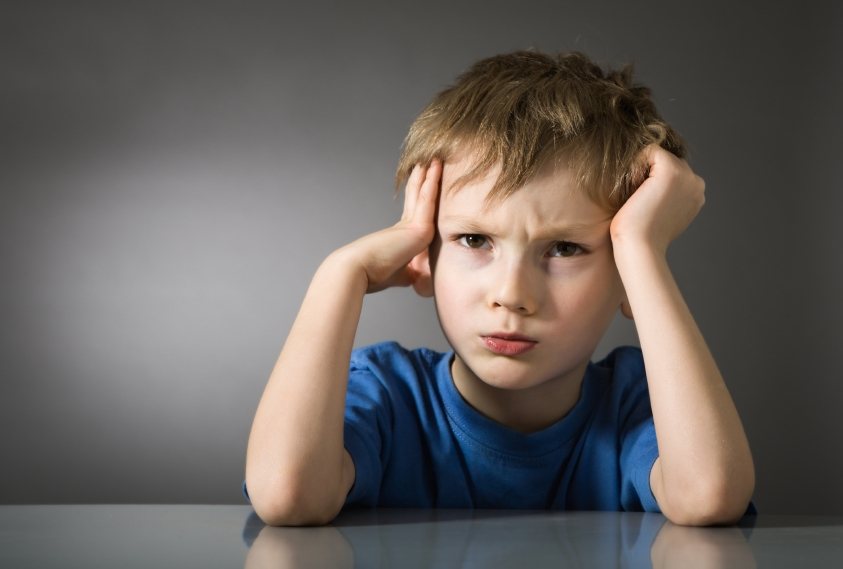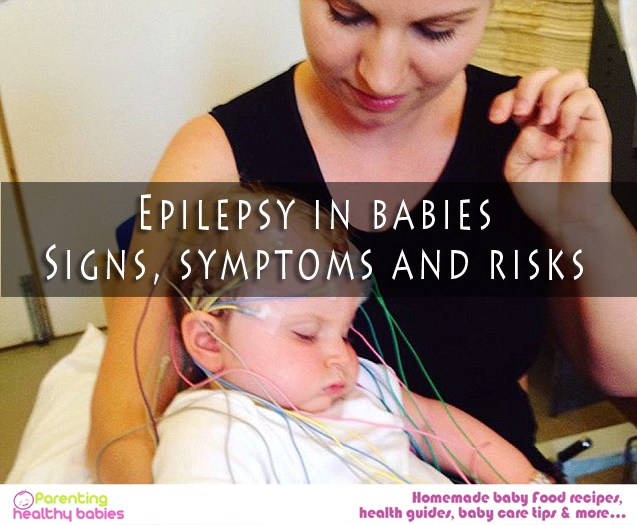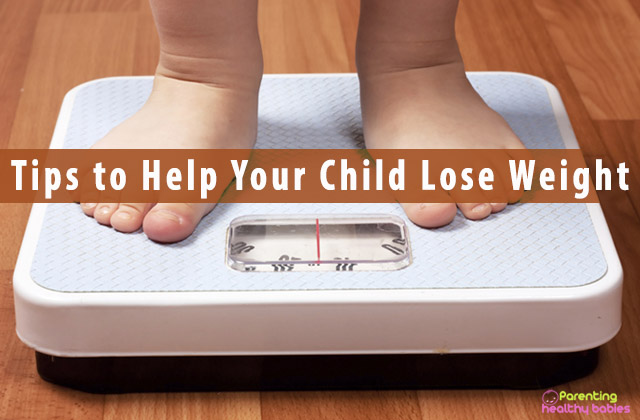In this article:
What is Anal Itching in the First Place?
What Causes Anal Itching?
What are its Symptoms?
How do we Relieve it?
Can Pinworm Infections Be Prevented?
What is Anal Itching in the First Place?
Anal itching occurs when someone experiences itching in the region around the butt and the butthole, become restless and cannot sleep. This is the main symptom of the presence of Pinworms. Pinworms are common among preschool-age children and adults who care for them.
What Causes Anal Itching?
Pinworm is an intestinal infection caused by tiny parasitic worms. It’s a common infection that affects millions of people each year, particularly school-age kids. If your child develops a pinworm infection, try not to worry. Pinworms don’t cause any harm (just itching and restless sleep), and it won’t take long to get rid of them.
Young children often put their hands in their mouths and may not practice good hand hygiene before eating. An infected child may spread the infection if they get eggs from the anal area on their hands and touches other children’s hands or food. Eggs can get on objects such as shared toys, bedding, clothing, and toilet seats. Eggs can also get on surfaces when changing children’s soiled underwear or bathing them. When someone scratches the itchy area, microscopic pinworm eggs transfer to their fingers. Contaminated fingers can then carry pinworm eggs to the mouth, where they go back into the body, or stay on various surfaces, where they can live for 2 to 3 weeks.
If you’re wondering if your family pet could give your child a pinworm infection, it can’t. Pinworms don’t come from animals.
What are its Symptoms?
The most common signs of pinworm infection are itching around the rectum and restless sleep. The itching is usually worse at night because the worms move to the area around the rectum to lay their eggs. In girls, pinworm infection can spread to the vagina and cause a vaginal discharge. If the itching leads to broken skin, it can also lead to a bacterial skin infection.
If your child has a pinworm infection, you can see worms in the anal region, especially if you look about 2 or 3 hours after your child has fallen asleep. You also might see the worms in the toilet after your child goes to the bathroom. They look like tiny pieces of white thread and are really small — about as long as a staple. You might also see them on your child’s underwear, clothing or bedding in the morning.
Abdominal pain and nausea are less common symptoms but can happen if there are many pinworms in the intestines.
How do we Relieve it?
If your child has a pinworm infection, your doctor will recommend an over-the-counter or prescription anti worm medicine. This is given in one dose and repeated every 2 weeks. The doctor may decide to treat the entire family, especially if your child has had a pinworm infection before.
Although medicine takes care of the worm infection, the itching may continue for about a week. So the doctor also might give your child a cream or other medicine to help stop the itching.
Regular hand washing and routine household cleaning (including frequent changing of underwear, and washing everyone’s pyjamas, towels, and bed linens) also will help prevent the spread of pinworm infection within the family.
Can Pinworm Infections Be Prevented?
Here are a few ways to protect your family pinworm infections:
- Remind kids to wash their hands often, especially after using the toilet, after playing outside and before eating.
- Make sure your kids shower or bathe every day and change underwear and swimsuits daily.
- Keep kids’ fingernails short and clean.
- Tell kids not to scratch around their bottom or bite their nails.
- Wash your kids’ pajamas every few days.
Taking these pains is necessary since you should try to keep your family healthy and happy. You can start this by practising good hygiene and making sure your kids stick to it strictly.
Sources
https://www.nhsinform.scot/illnesses-and-conditions/skin-hair-and-nails/itchy-bottom
https://www.emedicinehealth.com/anal_itching/article_em.htm













